What Famous Women in History Were Achieving When You Were Born
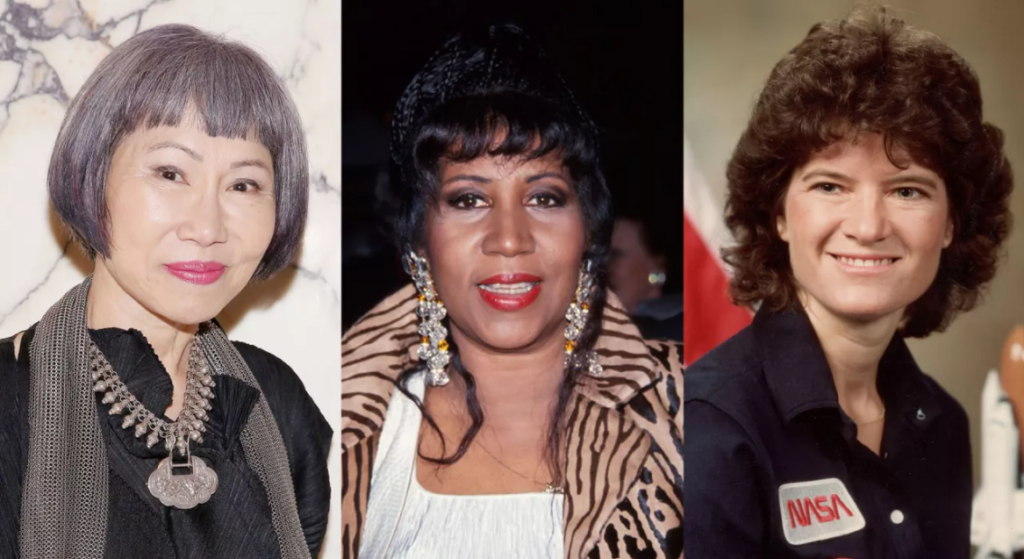
Women across the globe have been fighting for equal rights for themselves and for others since the beginning of time. Yes, we’re still often faced with blatant discrimination on the basis of sex, but real progress has been made. For inspiration that’ll drive you to make your own mark on the world, find inspiration in the women, ahead, who have shifted our culture in meaningful ways.
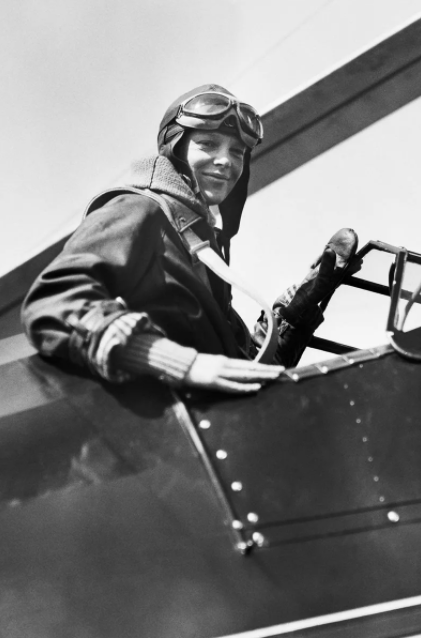 |
Amelia Earhart, 1920sIn 1928, Earhart was the first female pilot to fly across the Atlantic Ocean. She was also the 16th woman to be issued a pilot’s license. She mysteriously disappeared during a flight in 1937, and was pronounced legally dead two years later.
|
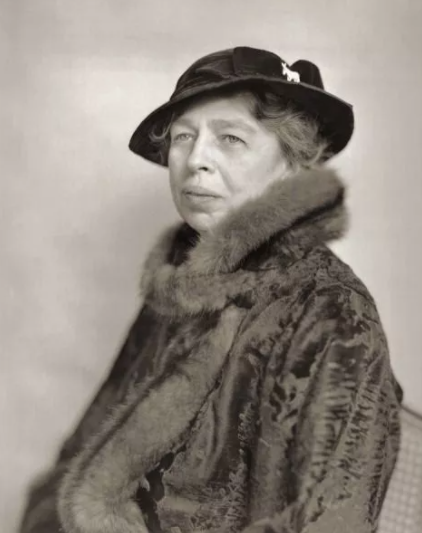 |
Eleanor Roosevelt, 1930sWhen her husband FDR took office, Eleanor didn’t just stand by—she dramatically changed the role of the first lady, advocating for human rights, women’s rights, and children’s causes. She went on to become chair of the U.N.’s Human Rights Commission in 1945.
|
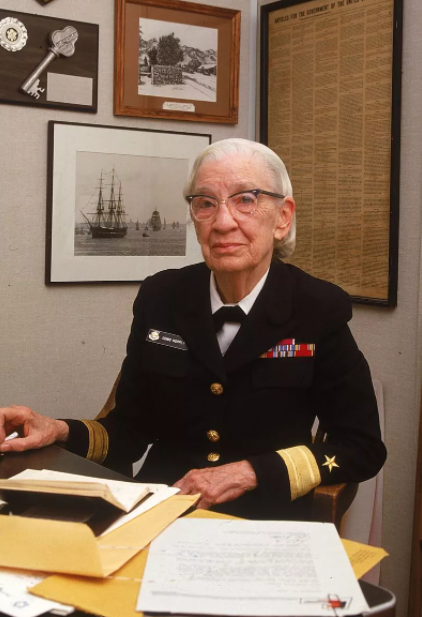 |
Grace Hopper, 1930sIn 1934, Hopper earned her Ph.D. in mathematics, becoming one of the very few women to hold such a degree. She went on to help “develop a compiler that was a precursor to the widely used COBOL language” for computers, and she became a rear admiral in the U.S. Navy.
|
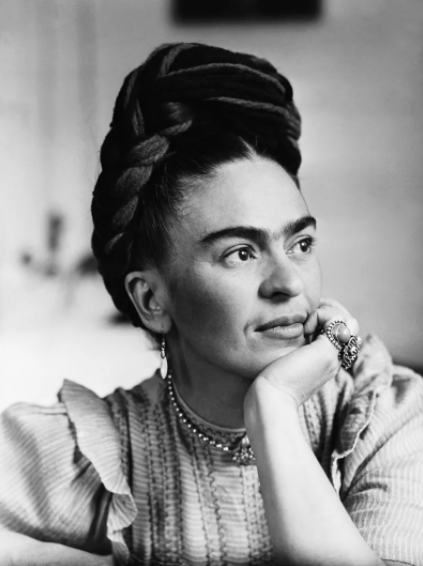 |
Frida Kahlo, 1930sA force in the art world, Kahlo became known in Mexico and around the world for creating thought-provoking works grounded in magical realism. Her 1938 self-portrait, titled “The Frame,” was the first work by a 20th-century Mexican artist to ever be featured in the Louvre.
|
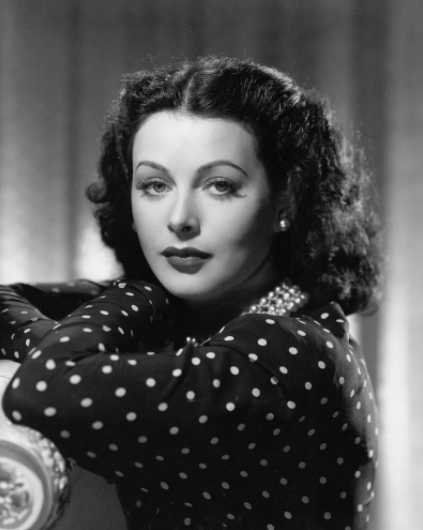 |
Hedy Lamarr, 1940sThe “Golden Age” actress was credited for helping to co-invent a radio signaling device, a.k.a a “Secret Communications System.” The system changed radio frequencies to confuse and hinder enemies during World War II, and it’s a crucial part of how we communicate wirelessly today.
|
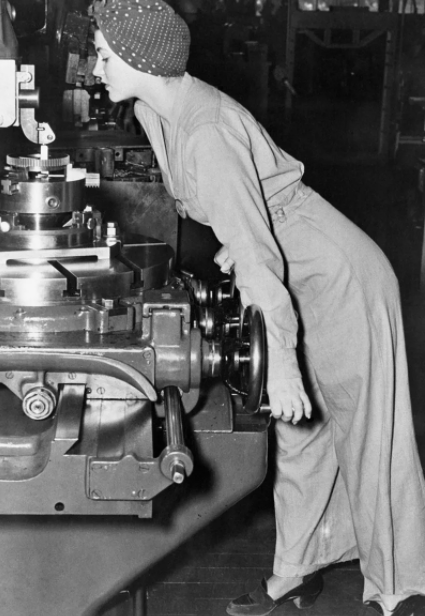 |
Naomi Parker, 1940sThis photo of Parker bending over machinery with her hair pulled back in a red bandana was the inspiration behind behind “Rosie the Riveter.” A version of Rosie was published in The Saturday Evening Post in 1943 in a patriotic campaign to get women into the workforce, but the iconic photo was originally created as a poster for Westinghouse Electric Corporation with the now-popular phrase,”We Can Do It.”
|
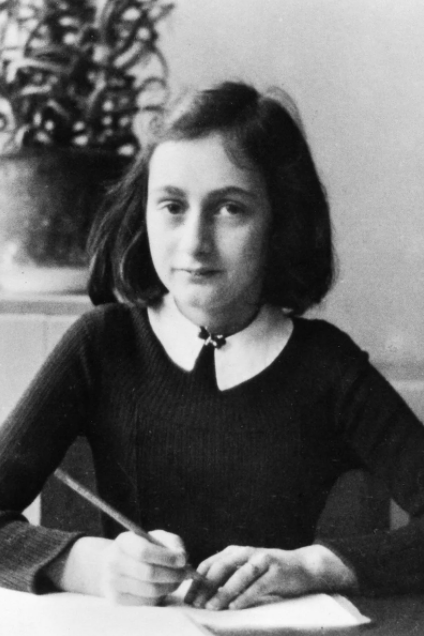 |
Anne Frank, 1940sFrank was a young Jewish girl who died in a concentration camp in 1945. Her father, Otto Frank, escaped and published his daughter’s now-famous diaries in 1947, which chronicled her experiences during the Holocaust. Her writing has helped historians (and readers) better understand the time.
|
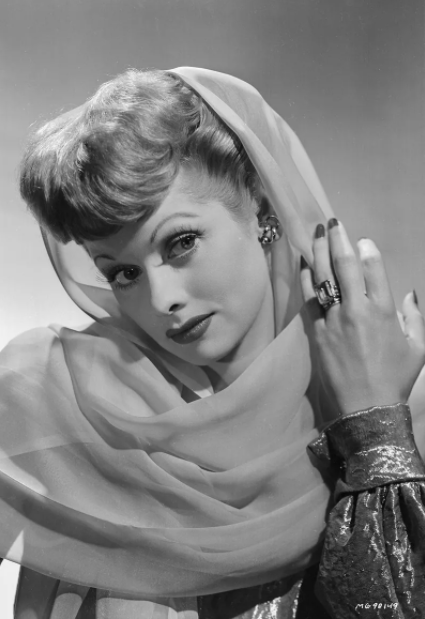 |
Lucille Ball, 1950sThe beloved sitcom I Love Lucy made its television debut in 1951. Ball became known as one of America’s top comedians for her iconic role on the show, which had storylines about marital issues and women in the workforce.
|
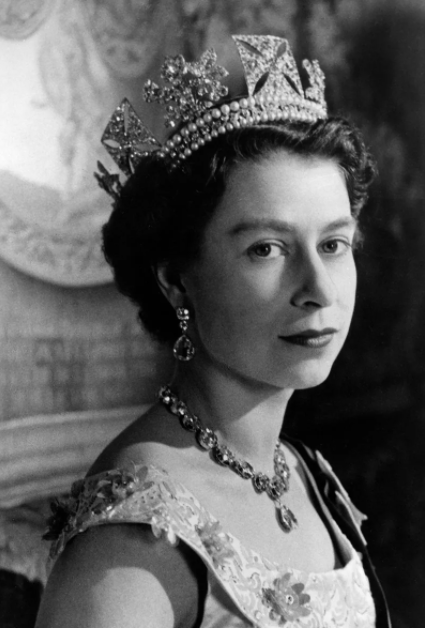 |
Queen Elizabeth II, 1950sAfter the death of her father King George VI, Elizabeth became Queen on February 6, 1952, but her official coronation wasn’t until June 2, 1953. She is Britain’s longest-reigning monarch to date, and she’s made numerous changes to the monarchy during her rule.
|
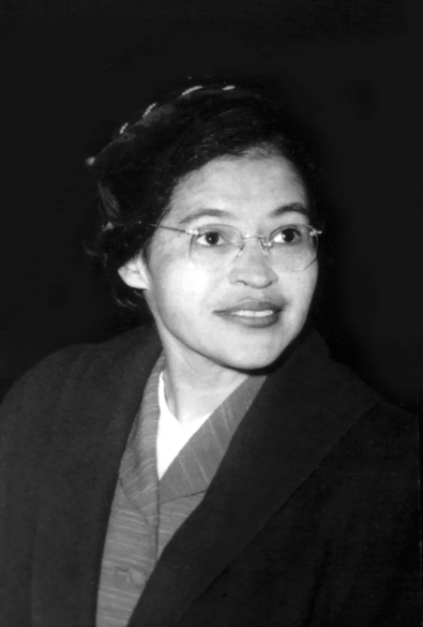 |
Rosa Parks, 1950sBack in the ’50s, the rule in Montgomery, Alabama, was that if a bus became full, the seats at the front would be given to white passengers. Parks, a leader in the local NAACP and the civil rights movement, iconically refused to give up her seat. Her willingness to disobey the rule helped to spark the Montgomery boycott and other efforts to end segregation in America.
|
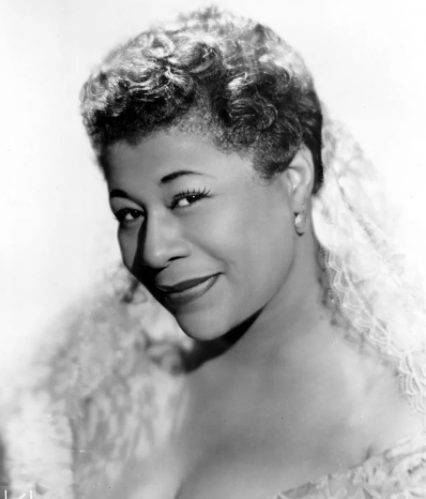 |
Ella Fitzgerald, 1950sShe was already a widely-known American jazz singer when, in 1958, she made history, becoming the first African American woman to win a Grammy. She collected two that year: best individual jazz performance and best female vocal performance.
|
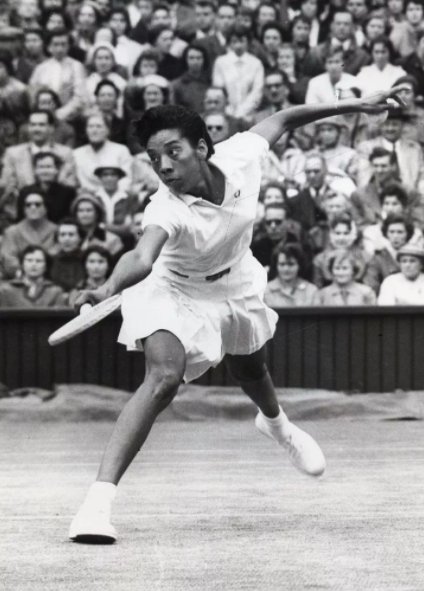 |
Althea Gibson, 1950sSerena Williams might be the most famous tennis player on earth, but she might not have gotten her start if not for the persistence of Althea Gibson. In 1951, Gibson made her historic debut as the first African American woman to play at Wimbledon.
|
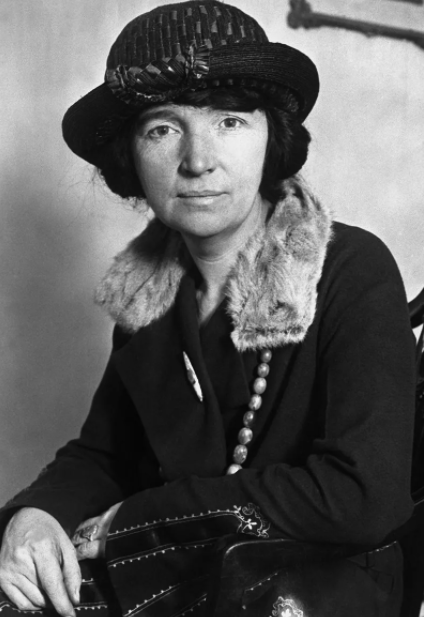 |
Margaret Sanger, 1960sSanger, a feminist and women’s rights activist, coined the term “birth control.” She wrote pamphlets and opened a women’s health clinic decades before her biggest achievement—getting the Food and Drug Administration to approve the first oral contraceptive, Enovid, in 1960, six years before her death.
|
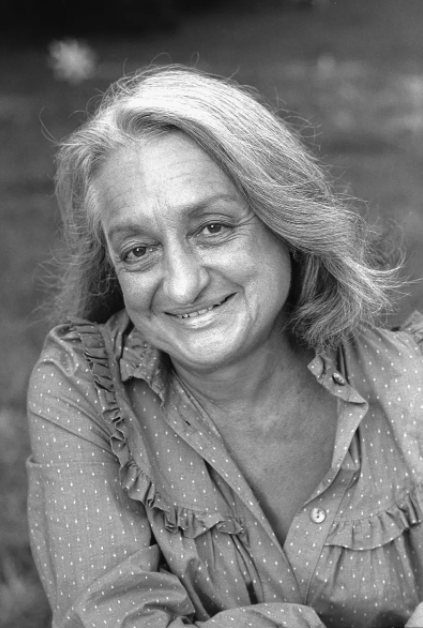 |
Betty Friedan, 1960sFriedan is best known for writing the book The Feminine Mystique, which encourages women to seek more opportunities for themselves outside traditional home-based roles. She went on to co-found and become president of the National Organization for Women.
|
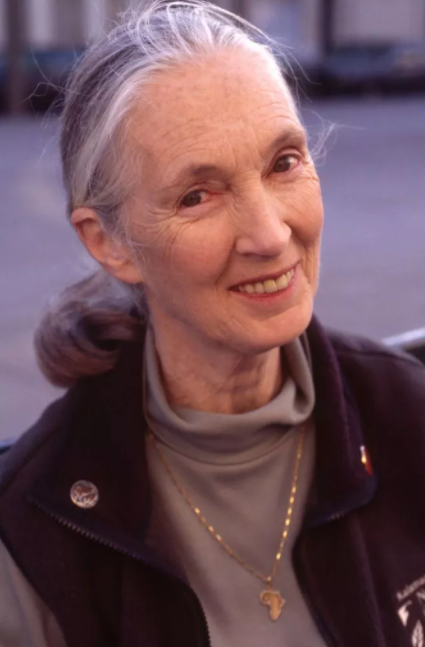 |
Jane Goodall, 1960sGoodall began studying chimpanzees in the Gombe Stream National Park of Tanzania in 1960, and her extensive research (which has spanned almost 60 years) has provided some of the most groundbreaking insight into the minds and social lives of our closest relative, chimpanzees. The primatologist and anthropologist went on to found the Jane Goodall Institute in 1977 as well as the Roots and Shoots program in 1991 as an effort to encourage wildlife conservation efforts.
|
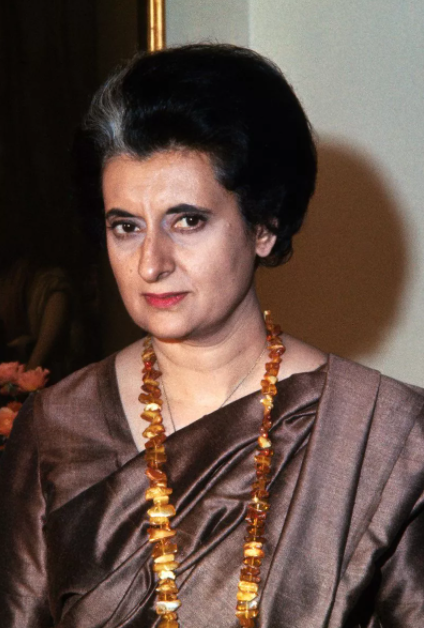 |
Indira Gandhi, 1960sIn 1966, Gandhi became the third prime minister of India, and is one of few examples of women rising to power in the country. She continued in her role for more than 20 years until she was assassinated in 1984.
|
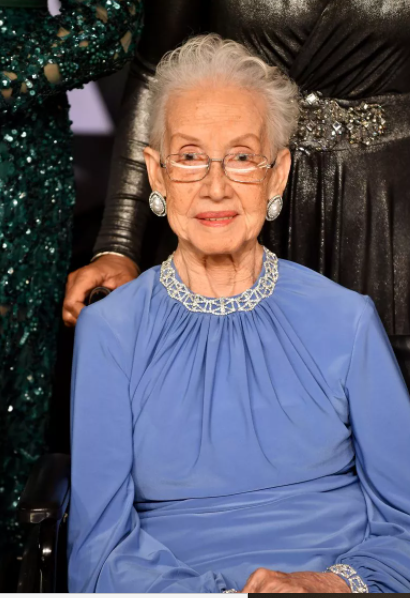 |
Katherine G. Johnson, 1960sJohnson, a mathematician, was one of the brains behind the complex calculations that helped us fly into space. In 1969, she helped to successfully send the first man to the moon. Her work is highlighted in the film Hidden Figures, about the pioneering African American women at NASA.
|
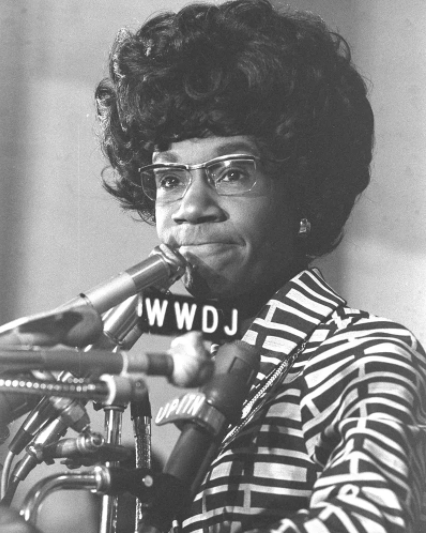 |
Shirley Chisholm, 1960s–70sIn 1968, Chisholm made history when she became the first Black woman to be elected into Congress. The Brooklyn-born activist and political leader later entered the 1975 Democratic presidential race—the first woman and the first Black American to do so.
|
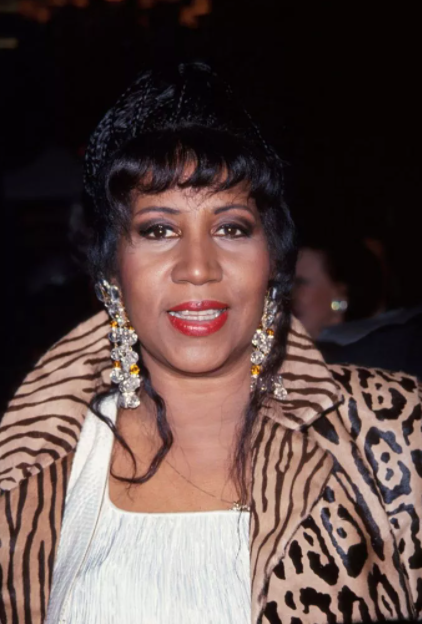 |
Aretha Franklin, 1970sMemphis-born and Detroit-raised, Franklin was destined to be a legend. She got her start singing gospel music but made her name in soul with songs like “Chain of Fools,” “Rock Steady,” and the iconic anthem “Respect.” In 1987, she was the first woman ever to be inducted into the Rock & Roll Hall of Fame.
|
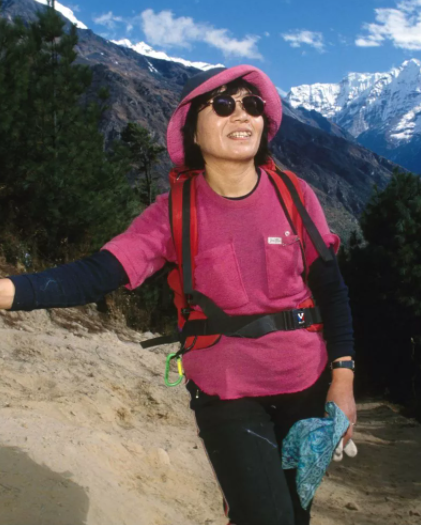 |
Junko Tabei, 1970sMountaineer Junko Tabei shattered gender norms in 1975 when she became the first woman to successfully climb Mount Everest. She strengthened her legacy by later becoming the first woman ever to reach the Seven Peaks (the highest points of the earth’s seven continents) in 1992.
|
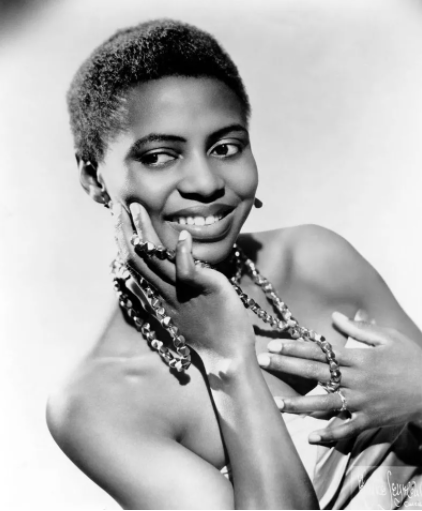 |
Miriam Makeba, 1970sNicknamed “Mama Africa,” Makeba is renowned throughout South Africa and the rest of the continent for her endless activism. She used her global platform as a singer-songwriter to speak against apartheid in the ’70s and ’80s, calling attention to the plight of black South Africans through her music. |
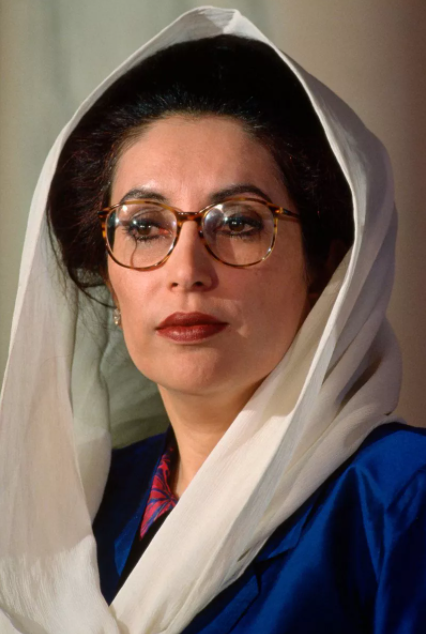 |
Benazir Bhutto, 1980sBhutto became the first woman prime minister of Pakistan in 1988. After a military coup overthrew her father’s government, she inherited leadership of the Pakistan People’s Party . She pushed for open elections, and won, just three months after giving birth.
|
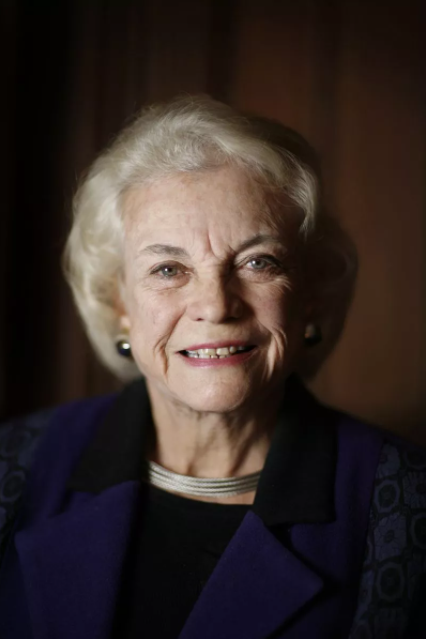 |
Sandra Day O’Connor, 1980sIn 1981, O’Connor became the first woman appointed to the U.S. Supreme Court. O’Connor was nominated by President Ronald Reagan, and the senate vote to appoint her was unanimous. She was a key swing vote in upholding big cases, like Roe v. Wade.
|
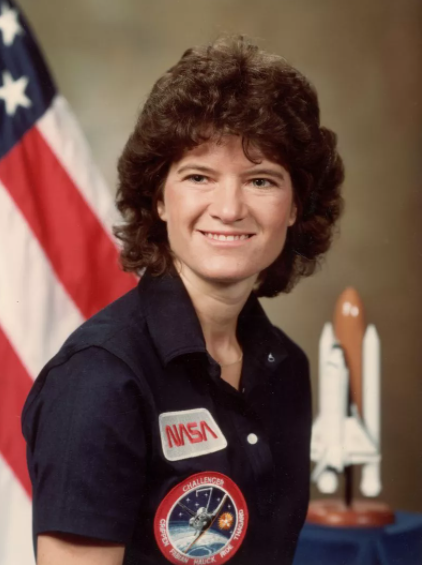 |
Sally Ride, 1980sRide became the first American woman to travel to space on the shuttle Challenger in 1983. The astrophysicist and Stanford-grad beat out at least 1,000 other applicants for a spot in the NASA astronaut program.
|
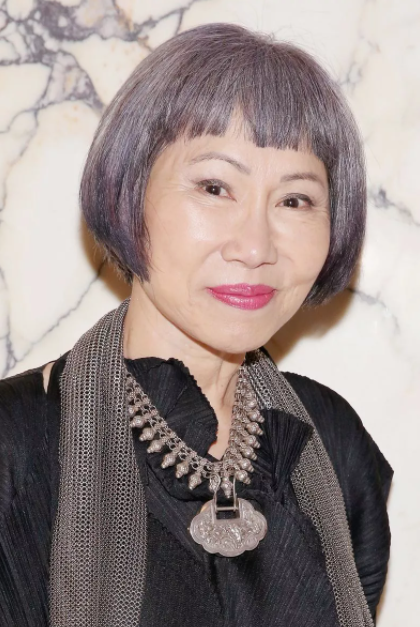 |
Amy Tan, 1980sTan was the author of the book The Joy Luck Club, which “explored the relationship between Chinese women and their Chinese-American daughters.” It was the longest-running New York Times best-sellers in 1989. The novel has been translated into 25 different languages since it was first published.
|
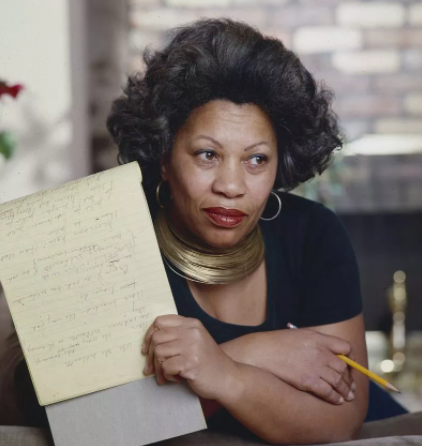 |
Toni Morrison, 1990sWriter and professor Toni Morrison shot into the national spotlight after the release of her first novel The Bluest Eye in 1970. From then on, Morrison was committed to telling stories about Black lives through poetic and intimate prose, winning the National Book Critics Circle Award in 1977 for Song of Solomon and the Pulitzer Prize for Beloved in 1988. After the third novel in the Beloved trilogy was published, she became the first Black woman to win the 1993 Nobel Prize in Literature. |
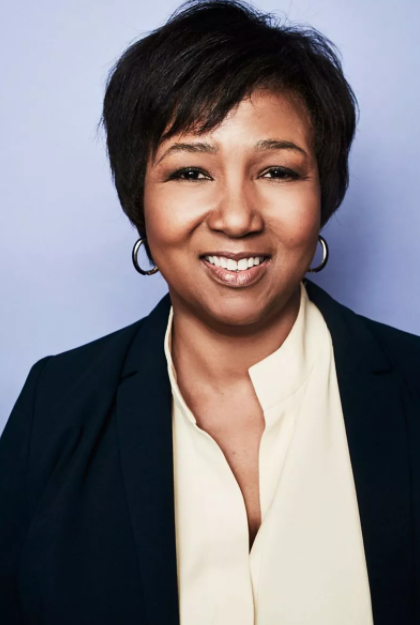 |
Dr. Mae C. Jemison,1990sJemison was the first African American woman to be accepted into NASA’s astronaut program. She went on to become the first African American woman to fly into space in 1992 aboard the Endeavour.
|
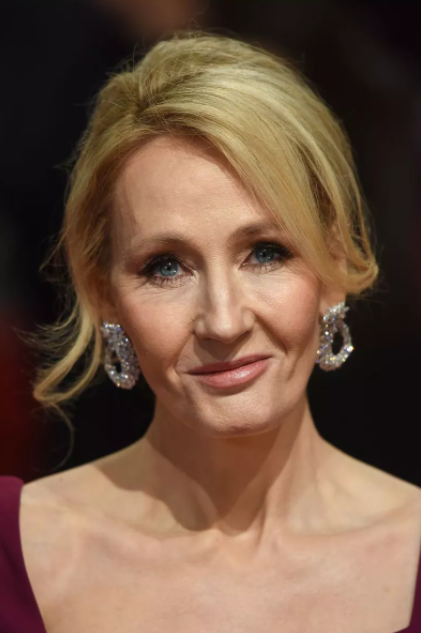 |
J.K. Rowling, 1990sRowling is the author of the wildly popular Harry Potter series. The first novel came out in 1997. By 1999, the first three installments of the series held the top three spots on the New York Times bestseller list.
|
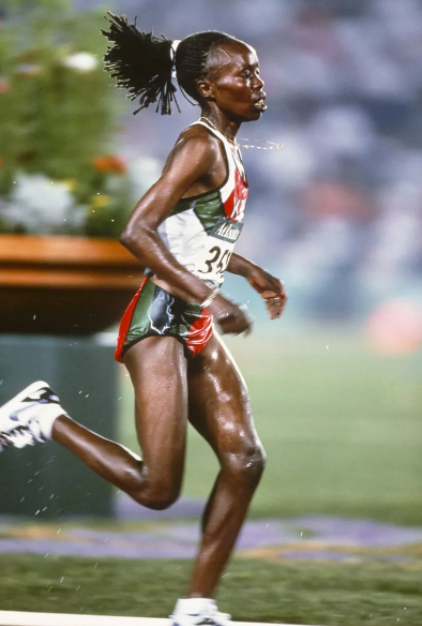 |
Tegla Loroupe, 1990sThe Kenyan long-distance runner became the first African American woman to win the NYC Marathon in 1994. According to the Wall Street Journal, “Since Loroupe’s victory, Kenyan women have won five of the intervening New York marathons and now own six world records in distance running.” She has her own peace and humanitarian foundation called the Tegla Loroupe Peace Foundation.
|
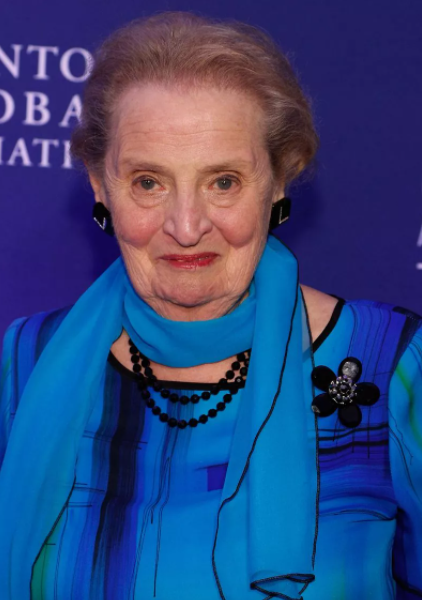 |
Madeleine Albright, 1990sAlbright became the first female secretary of state when, in 1996 President Clinton, selected her to represent the United States in foreign affairs. An advocate for human rights she fought to prevent the expansion of nuclear weapons and broker peace in the Middle East.
|
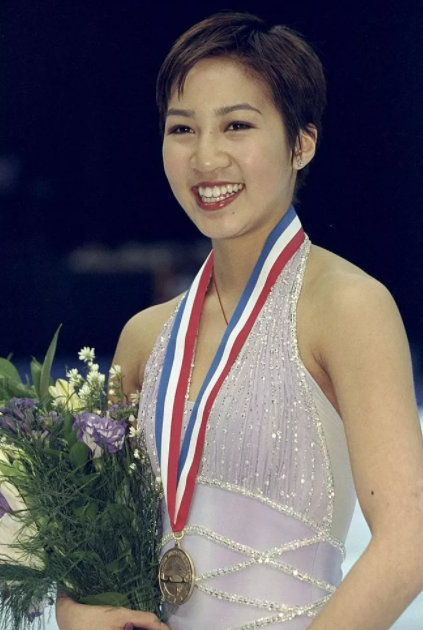 |
Michelle Kwan, 1990sIn one of the most competitive eras of figure skating, Kwan’s star shone brightly among the likes of Tara Lipinski and Sasha Cohen. From the time that she first took up skating at age 8 to her final run on the ice, Kwan has always been on top; to this day, she is the the most decorated figure skater in American history with two Olympic medals and five World championship titles.
|
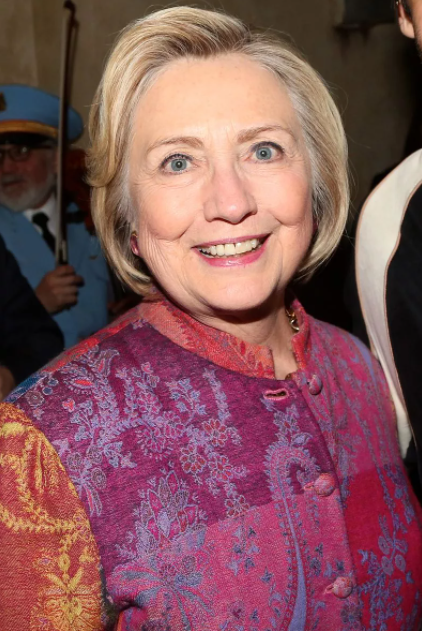 |
Hillary Clinton, 2000sAfter her tenure as First Lady, Hillary Clinton was elected to the U.S. Senate in 2000. She went on to serve as Secretary of State under Barack Obama and, in 2016, became the first woman in U.S. history to be the presidential nominee of a major political party.
|
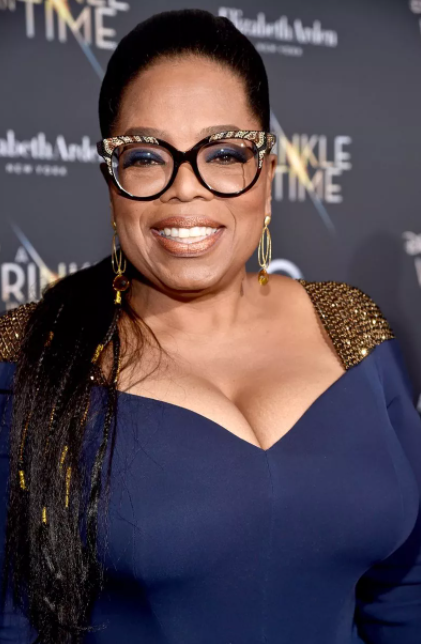 |
Oprah Winfrey, 2000sWinfrey started out as a Nashville reporter in the ’70s before she was offered her own 30-minute talk show on a Chicago station. The Oprah Winfrey Show went national in 1986. By 2003 she’d earned the title of first female African American billionaire.
|
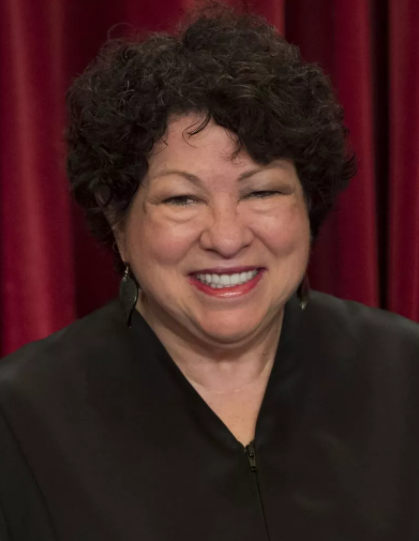 |
Sonia Sotomayer, 2000sJustice Sotomayer was appointed to the United States Supreme Court in 2009 by President Barack Obama, making her the first ever Hispanic woman to serve on the highest court in the land.
|
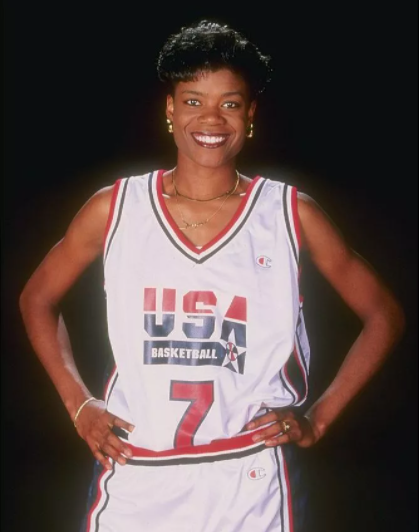 |
Sherly Swoopes, the 2000sOften referred to as the “female Michael Jordan,” Swoopes is a certified basketball legend. As one of the first women to be signed into the WNBA, Swoopes paved the way for the greats that would follow her, but she made sure to set the bar high—throughout her career, Swoopes has won three Olympic gold medals, is a three-time WNBA MVP, and tops on every WNBA player list that has ever existed.
|
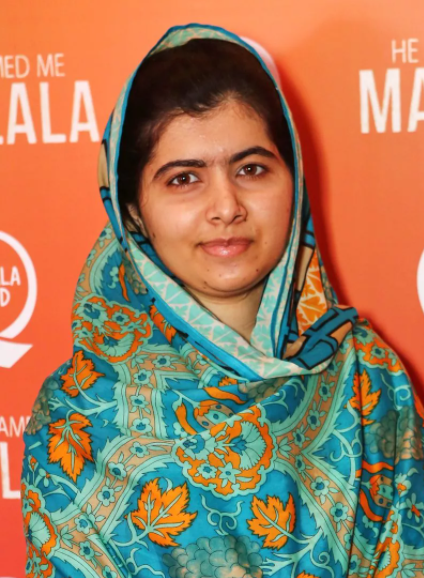 |
Malala Yousafzai, 2010sYousafzai survived a gunshot wound to the face by the Taliban, and has since become a spokesperson for human rights, education, and women’s rights. In 2014, she was awarded the Nobel Peace Prize.
|
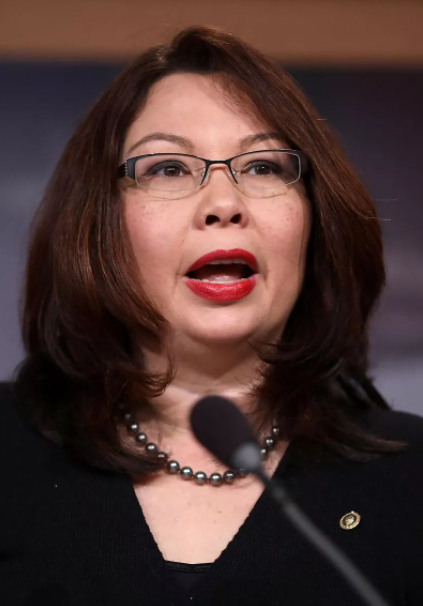 |
Tammy Duckworth, 2010sIn 2017, Duckworth became the first Thai-American woman and the first female amputee to be elected to Congress. Just one year into her term, Duckworth fought for a resolution allowing infants into the chamber room, insuring that new parents in the Senate wouldn’t have to miss out on any votes because of their newborns.
|
 |
Dr. Kizzmekia S. Corbett, 2020sDr. Corbett is a research fellow and lead at the Coronavirus Vaccines & Immunopathogenesis Team at the National Institutes of Health (NIH). She also just so happened to lead the team that successfully developed the Moderna vaccine. On December 18, 2020, the U.S. Food and Drug Administration issued an emergency use authorization for the shot, which has an astounding 94-95% efficacy against clinical disease and a nearly 100% efficacy against serious disease–so please remember to thank her after you get your jab! |
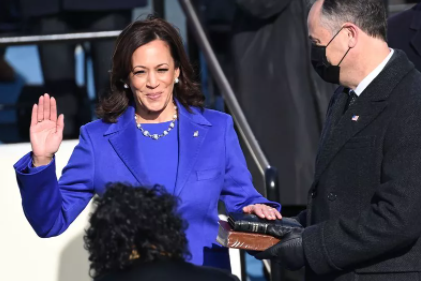 |
Kamala Harris, 2020sOn January 20, 2021, Kamala Harris became the first woman and the first African American and South Asian person to become the Vice President of the United States. But she’s pretty used to breaking glass ceilings–after her successful bid for California Attorney General, she once again became the first woman and person of color to hold the position. |
By Marie Claire, March 10, 2022 (Alex Warner)


